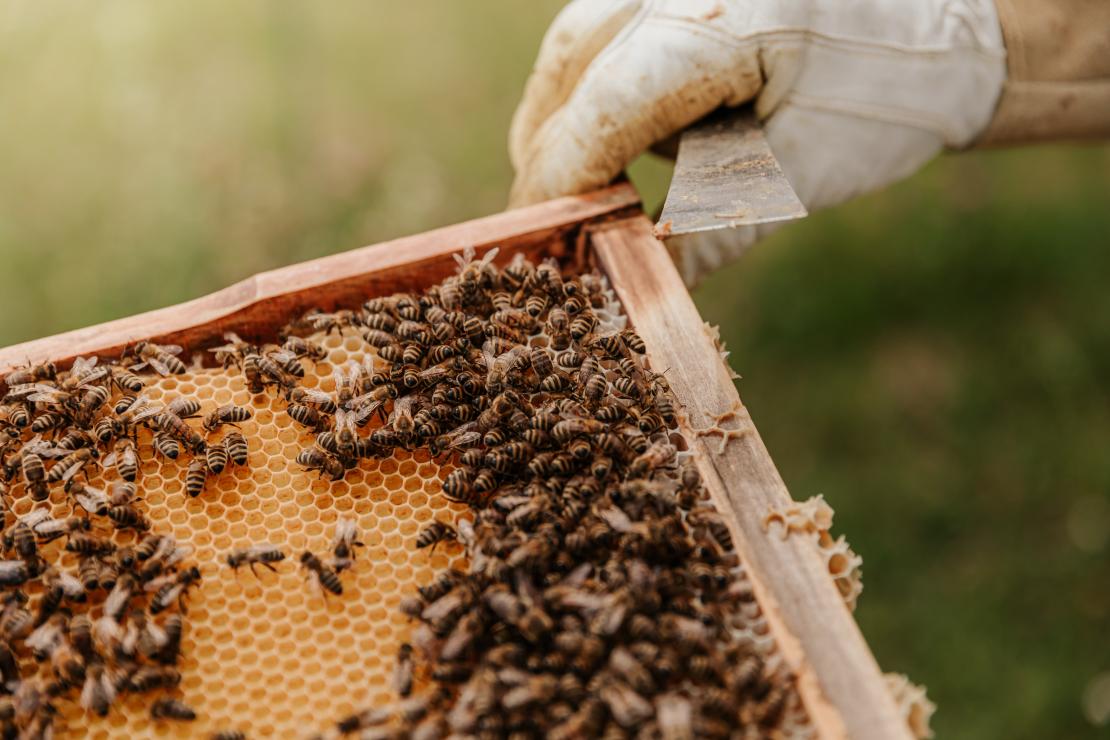
A well-balanced and healthy world depends on the harmonious co-existence of a large set of elements. Drastic changes in the natural balance of Earth, caused by human interactions, have led to several issues over the past decades, aggravated in the last years. That includes severe climate events such as droughts, storms, and hurricanes, besides thermometers reaching levels never seen before throughout the different seasons of the year.
Within these challenges, which can all be listed as consequences of Climate Change, one poses a particular concern that has been gaining more attention: biodiversity loss.
Biodiversity loss refers to the decline or disappearance of biological diversity, understood as the vast array of living species that inhabit the planet, including its different levels of biological organization and their respective genetic variability.
Biodiversity loss can be directly associated with at least two human-related actions: (1) overexploitation of the natural environment and (2) destruction of habitats. It poses a threat because it deregulates the conditions needed for our existence on Earth, such as clean air, availability of freshwater, the quality of the soil, and pollination.
All these conditions are already well-known and talked about broadly. At COP 15, the UN Biodiversity Conference held at the end of last year, participants got together to develop frameworks and agreements on how to change organizations' and governments' actions to avoid worsening biodiversity loss. One of the agreements was the Global Biodiversity Framework which set measurable targets to protect 30% of global land and water areas and restore 30% of degraded ecosystems. The plan also includes a Global Biodiversity Fund, i.e., a mechanism to finance the implementation of these targets (you can read more about it here).
But all that seems out of reach, almost like it is something for others to care about, right? Have you ever wondered how does it affect our daily lives?
Portugal is currently experiencing its worst drought ever. The country suffers from water scarcity that directly impacts water availability and can have significant economic consequences, given the resource's importance to various industries.
With agriculture consuming approximately 80% of the country's water supply, it is anticipated that the food supply chain may face financial pressures. Outdated and improper cultivation and irrigation practices within the agricultural sector contribute significantly to this situation, which assumes a primary role in exacerbating the situation.
Within this context, another issue has been raised: according to Manuel Gonçalves, from the Federação Nacional de Apicultores (National Beekeepers Federation), Portugal has lost "about 200,000 of the more than 700,000 hives" due to the decrease in the number of bees over the last years.
By itself, the number is already outrageous. But it gets worse when we think about what it actually means, not only for the honey sector but for agriculture in general.
Bees play a unique role in keeping nature in balance: they are pollinizers, which means when bees visit flowers to collect nectar and pollen, they transfer pollen grains from the male parts of the flower to the female parts, enabling fertilization and the production of seeds. This process is crucial for the reproduction of many flowering plants, including fruits, vegetables, and nuts. It's estimated that about 75% of the world's food crops depend, at least in part, on pollinators like bees.
Bees play a vital role in maintaining biodiversity and are directly linked to our food supply. Without them, the yields of crops such as apples, almonds, strawberries, and blueberries would be significantly reduced, leading to higher food prices and potential food shortages.
Overall, these little animals are key for environmental health. Their population trends and behaviour can give us valuable insights into the overall condition of ecosystems. The decline of bee populations can be an early warning sign of environmental degradation and ecosystem imbalances. The loss of almost 30% of the bees in Portugal raises serious concerns about how the country deals with its natural resources, which directly impact our daily lives in the city.
In a nutshell, biodiversity loss, droughts, and imbalances in our ecosystem are untangled - each influencing the other, the causes and consequences all mixed in together, but with one main common denominator: human interference in the well-balanced harmony created by Earth.
Developing and implementing sustainable practices - and habits - is more than a demand; it is an urgent call for us to sustain life on Earth. These problems may seem far, hidden in the corners of villages, the daily lives of agriculture in the country size or small farms we might not relate to - but they are strictly associated with how organizations interact with their surroundings and produce the things we consume in our daily lives, which is why it is so important to bring this topic into our daily discussions and to make sustainability a part of our conversations. Even if we haven't noticed, the issues are already here, sneaking into our daily lives and family budgets. Our choices today can lead us towards a more balanced and healthy world - or trap us in a scenario we are not properly ready to deal with or, even more, to overcome.
Have a great and impactful week!
Natália Cantarino
Researcher at the Center for Responsible Business & Leadership
This article refers to edition 196 of the "Have a Great and Impactful Week" Newsletter.
Subscribe here to receive the weekly newsletter.